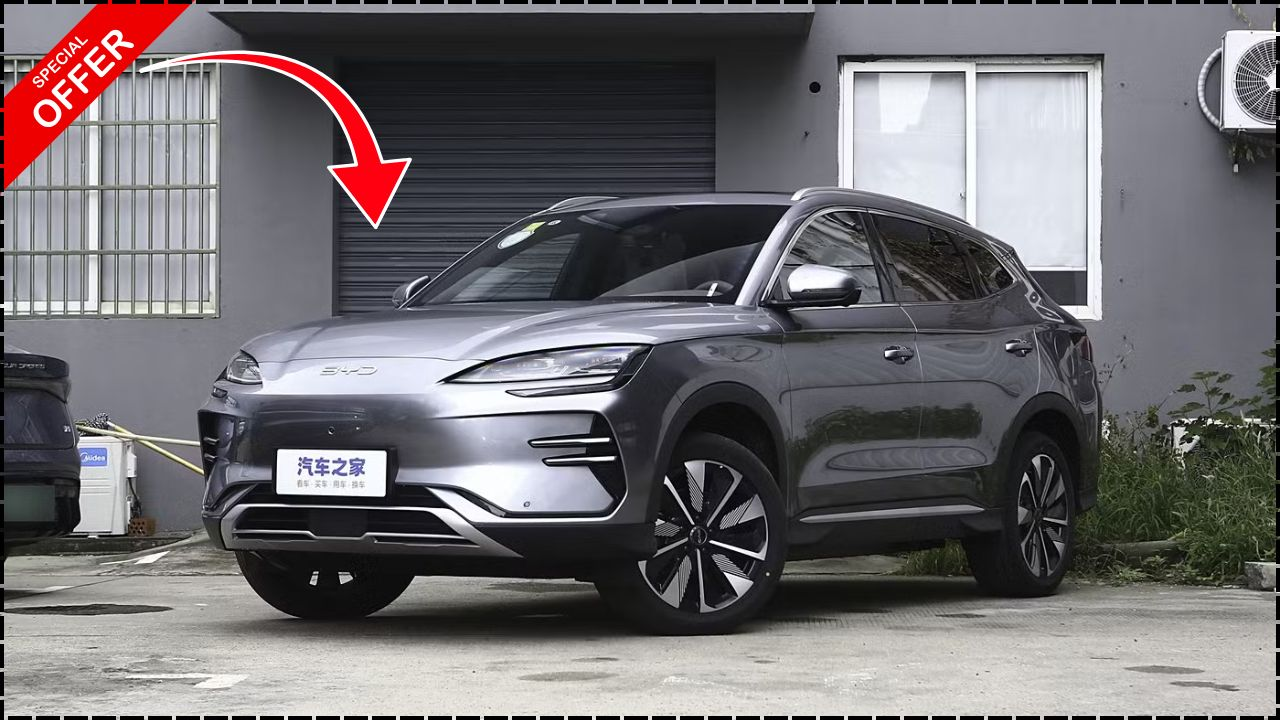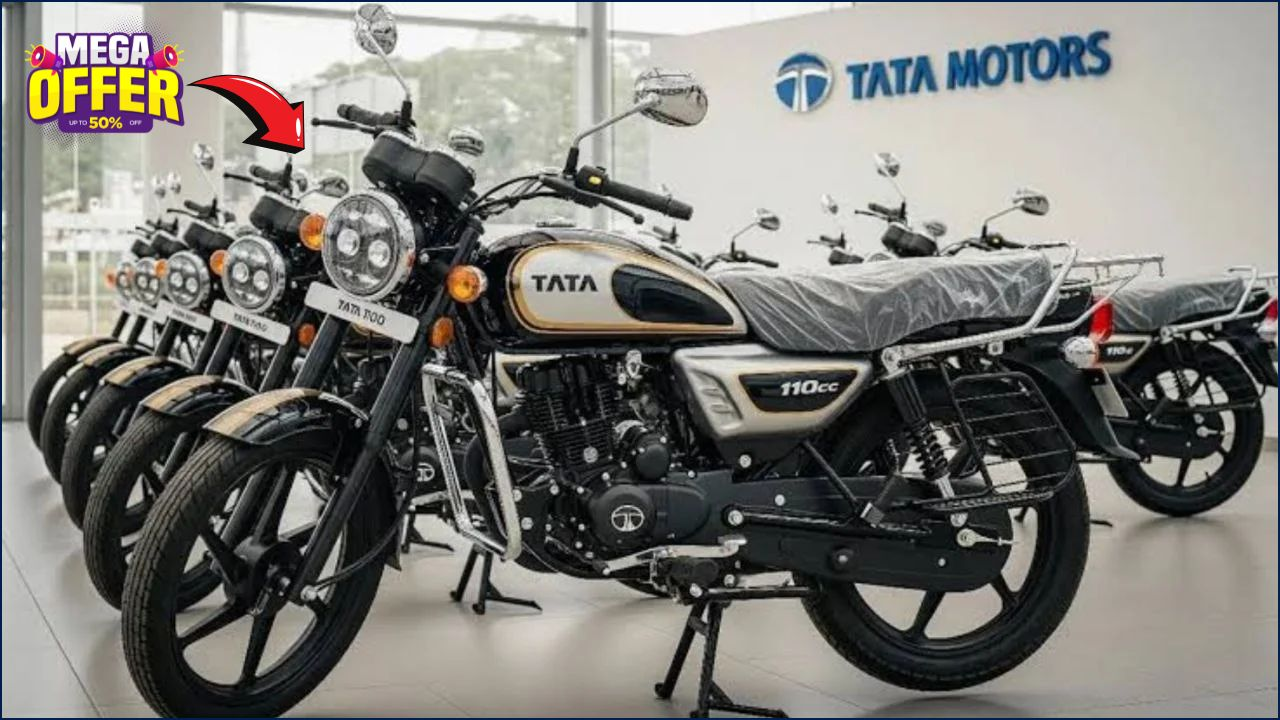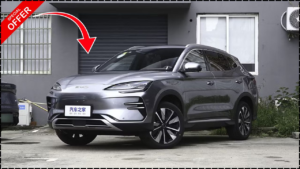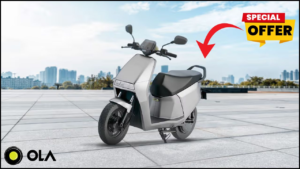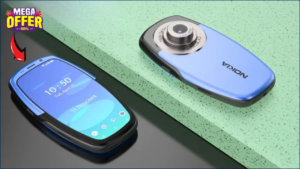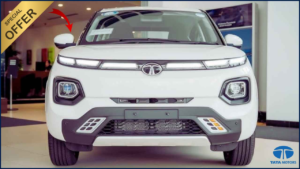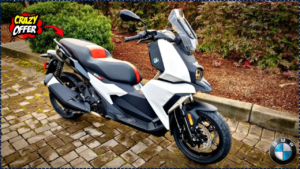
Maruti Alto 2025 has become the focus of a nationwide debate after online claims suggested the popular hatchback was being offered at a “tax-free” price of ₹1.77 lakh, boasting a 796cc engine and 31 km/l mileage. While the posts have gone viral, Maruti Suzuki India Limited (MSIL) has not announced any such scheme, raising concerns about misinformation, consumer vulnerability, and the need for greater price transparency in India’s automobile sector.
A Viral Claim, No Official Announcement
The claims emerged on regional news portals, social media groups, and messaging platforms in late October 2025. Posts asserted that MSIL was offering a special government-backed discount that would allow buyers to purchase the Alto 2025 for as little as ₹1.77 lakh on-road. Some messages included links to unofficial booking portals and QR codes.
But a spokesperson from Maruti Suzuki confirmed in a written statement that “no official tax-free offer or government-subsidised scheme has been announced for Alto 2025 or any of its variants.” The company has urged customers to rely only on information from its official website or authorized dealerships.
According to Maruti’s public pricing data, the base variant of the Alto 2025 starts at ₹3.39 lakh ex-showroom and can go up to ₹4.59 lakh, depending on the variant and location.
Engine and Mileage Claims: High Expectations vs. Real Figures
The Maruti Alto 2025 continues to be powered by the 796cc three-cylinder petrol engine, the same configuration that has made it one of India’s most popular small cars for over two decades. According to the Automotive Research Association of India (ARAI), the car delivers a certified mileage of 24.7 to 25 km/l under standard test conditions.
The viral 31 km/l figure circulating online appears to be either a misinterpretation of CNG test data or a deliberate marketing exaggeration.
“For a naturally aspirated 796cc engine, reaching 31 km/l under real driving conditions is practically unrealistic,” said Dr. Arjun Menon, automotive engineer at the Indian Institute of Technology (IIT) Madras. “Such figures can mislead consumers if not properly contextualised.”
The Historical Power of the Alto Brand
Since its launch in 2000, the Maruti Alto has been synonymous with affordability, reliability, and mass appeal. Over 45 lakh units have been sold in India to date, making it one of the highest-selling hatchbacks in the country’s automotive history. Its compact design, low maintenance cost, and strong resale value have made it a preferred choice for first-time car buyers.
“The Alto’s success story mirrors India’s middle-class aspiration for affordable mobility,” said Sonal Mehra, senior auto journalist at AutoCar India. “That strong brand legacy is precisely why misinformation about pricing can spread quickly.”
Legal and Regulatory Landscape: How “Tax-Free” Works in Reality
In India, the price of a passenger vehicle includes ex-showroom cost, Goods and Services Tax (GST), road tax, registration fees, and insurance. Any legitimate “tax-free” offer would require:
- A government subsidy or waiver
- A manufacturer-backed promotional campaign
- A policy exemption (e.g., for electric vehicles)
Officials from the Ministry of Heavy Industries and the Road Transport Department confirmed to the press that no such exemption currently exists for internal combustion engine vehicles like the Alto.
“All genuine tax rebates or subsidies are notified through government channels, not viral messages,” said Anita Verma, senior official at the Ministry of Finance.
How Misinformation Exploits Consumer Trust
Experts say that such viral claims often exploit the trust associated with well-known brands. By citing a believable price point and a familiar product, scammers can lure consumers into paying unauthorized booking amounts through fake websites.
“These scams prey on consumers looking for deals in a slowing economy,” explained Rakesh Kaul, Director of Autodealer Watch India. “The combination of a credible car model and a ‘too-good-to-be-true’ price is a classic fraud pattern.”
The Reserve Bank of India (RBI) has also issued warnings in recent years against fraudulent vehicle financing and booking scams.
EV Subsidies vs. Petrol Car Prices
The current government incentives are largely targeted at electric vehicles (EVs) through schemes such as FAME-II (Faster Adoption and Manufacturing of Electric Vehicles). Consumers can receive incentives ranging from ₹20,000 to ₹1.5 lakh on select EV models.
However, no comparable subsidy exists for petrol-powered hatchbacks like the Maruti Alto 2025. Analysts say this could explain why some false narratives gain traction, as consumers compare EV discounts with petrol vehicle prices.
“People see genuine EV subsidies and assume similar schemes might exist for petrol cars,” said Dr. Meera Nair, senior fellow at the Centre for Policy Research (CPR). “This gap creates fertile ground for misinformation.”
Consumer Behaviour: Why Low-Cost Claims Travel Fast
According to a 2025 survey by Pew Research Center India, more than 62% of first-time car buyers in India prioritise price over features. Entry-level hatchbacks continue to dominate small city and semi-urban markets, where consumers are especially sensitive to loan EMIs, fuel costs, and tax components.
This explains why a “tax-free” offer—even if fake—can spread rapidly through social networks and family groups, particularly in Tier-II and Tier-III cities.
Safety and Verification Checklist for Buyers
Experts recommend a multi-step verification process to protect consumers from falling for fraudulent schemes:
- Verify price on official Maruti Suzuki website or call an authorized dealership.
- Cross-check details on government portals like parivahan.gov.in.
- Avoid transferring money to personal accounts or unofficial websites.
- Confirm GST and registration components in the final price breakdown.
- Report suspicious advertisements to consumer protection agencies or cybercrime helplines.
“Consumer vigilance is the strongest shield against financial fraud,” said Vivek D’Souza, cybercrime investigator at the National Cyber Crime Bureau (NCCB).
Tata Tiago 2025 with 33 km/l Mileage and Modern Design: Huge Discount Starting at ₹4.57 Lakh
The Bigger Picture: Why Transparency Matters
The Indian automobile industry is expected to reach US$150 billion by 2026, according to the Society of Indian Automobile Manufacturers (SIAM). In such a fast-growing market, experts say consumer trust and transparent pricing are critical.
Fake or misleading promotions not only harm buyers but also erode trust in legitimate brands. Analysts have called for stronger regulatory action, including mandatory QR-based dealership verification and public awareness campaigns.
“We need a coordinated response from automakers, regulators, and digital platforms to combat automotive misinformation,” said Priya Sethi, policy researcher at NITI Aayog.
What Happens If the Offer Were Real?
If such a tax-free offer were legitimate, analysts say it would disrupt the hatchback market. A ₹1.77 lakh price point would undercut most competitors and could significantly boost rural and urban small-car ownership.
However, they caution that such a scenario would require heavy government subsidies or radical GST changes, neither of which are currently under consideration.
Conclusion
The Maruti Alto 2025 “tax-free” offer at ₹1.77 lakh remains unverified and contradicts official pricing data from Maruti Suzuki and government agencies. Experts warn that the claim likely stems from misinformation or fraud, underscoring the need for stronger consumer awareness and regulatory oversight.
Until a formal announcement is made through official channels, buyers are advised to remain cautious, verify all information, and avoid making payments to unverified sources.


